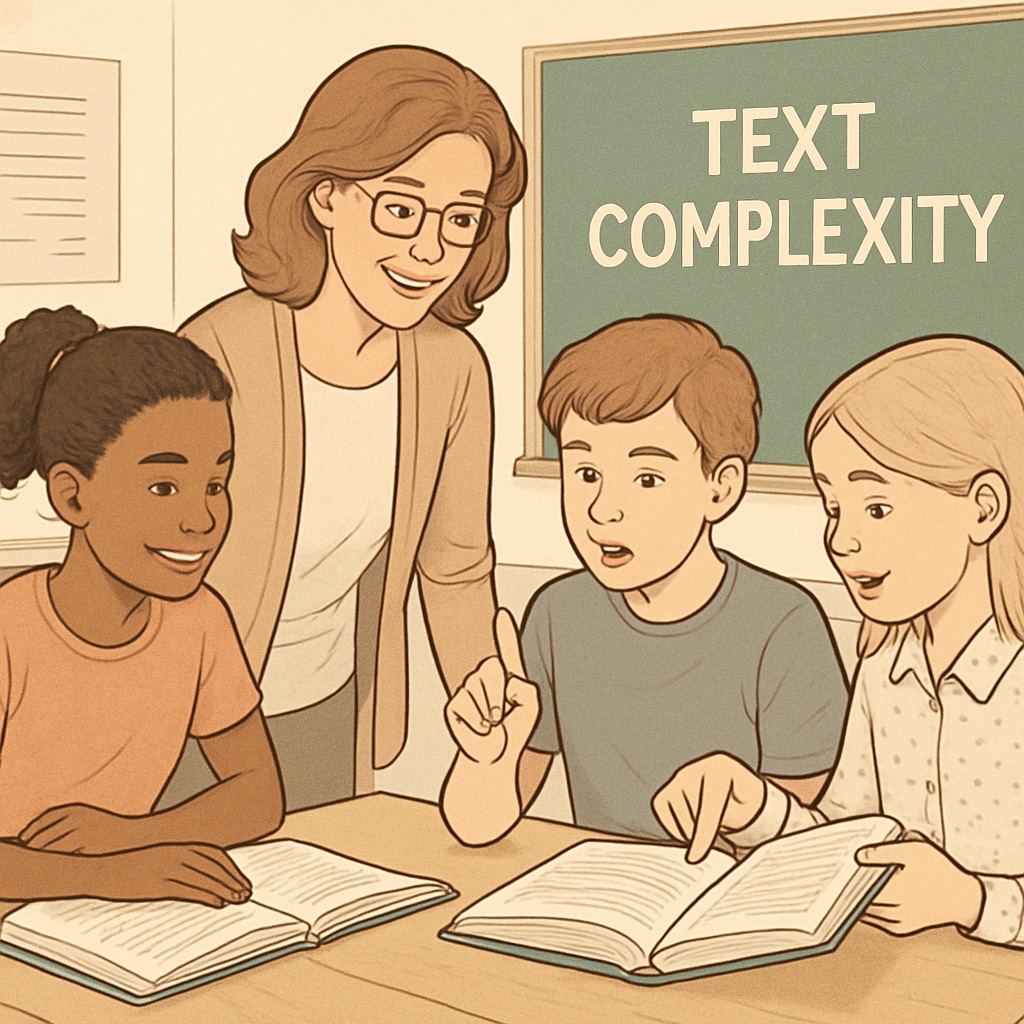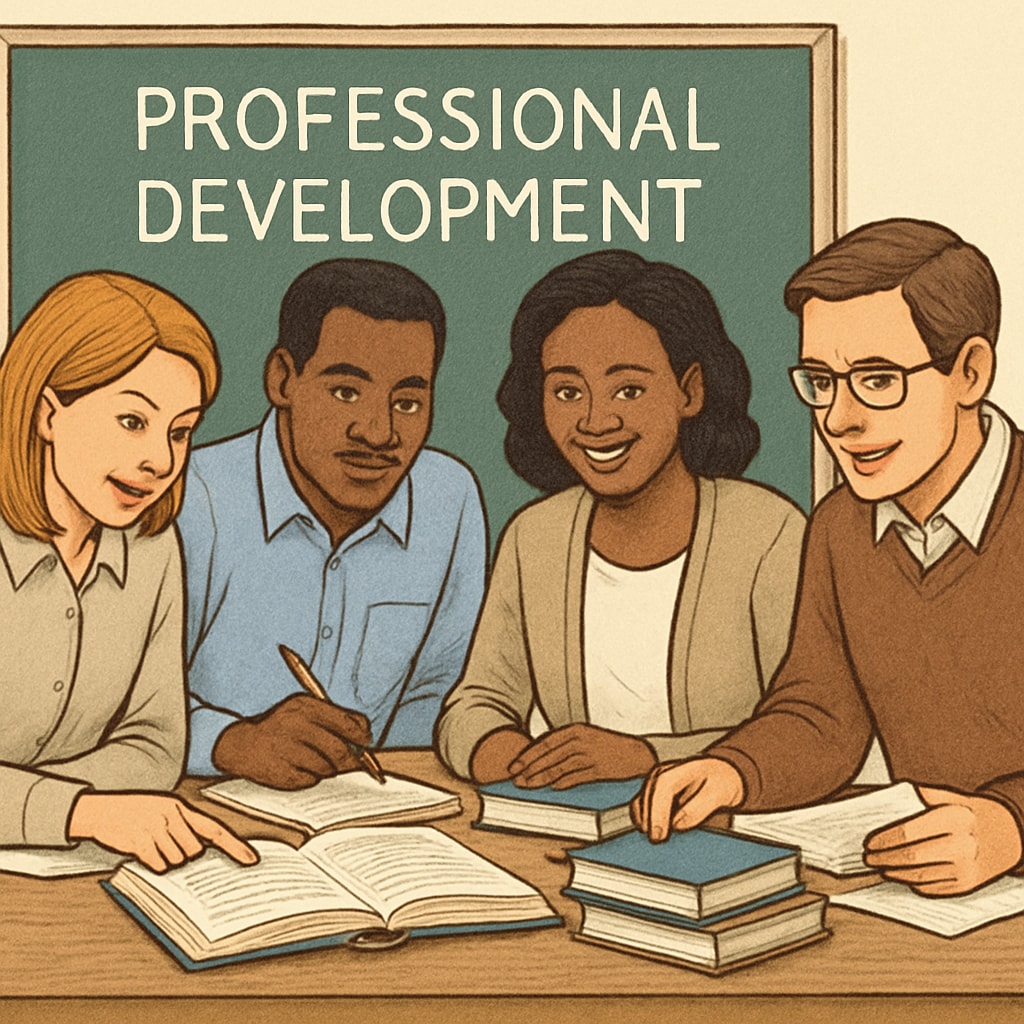Understanding reading comprehension, teacher volunteers, text complexity is a growing area of research aimed at improving literacy outcomes for students. Teachers, as frontline educators, possess invaluable insights into how students interact with reading materials. Recognizing this, a new study invites elementary and middle school teachers to participate in a groundbreaking research effort to evaluate text complexity. Your involvement could help create a more accurate system for grading reading materials, benefiting classrooms worldwide.
Why Teachers Are Essential to Text Complexity Research
Text complexity refers to how challenging a passage is for a reader to understand. Traditionally, this has been assessed using quantitative metrics, such as sentence length, word difficulty, and syntactic structure. However, these methods often overlook the nuanced ways in which readers—especially young learners—process information. Teachers, with their firsthand knowledge of student struggles and successes, are uniquely positioned to offer insights that go beyond formulaic analysis.
For example, while a text may appear simple based on metrics, it might contain abstract concepts or cultural references that complicate comprehension for certain age groups. By participating in this study, teachers will help researchers identify such subtleties, ensuring reading materials are better tailored to diverse learners.

How the Study Works
The study is designed to be efficient and respectful of teachers’ busy schedules. Participants will dedicate approximately 30 minutes to reviewing and assessing selected texts. This process will involve answering targeted questions about readability, student engagement, and potential challenges. Your responses will contribute to a larger database of findings, enabling researchers to refine existing text complexity models.
Key benefits of participation include:
- Influencing the creation of more effective reading materials for students.
- Gaining insights into how text complexity is evaluated and applied in educational contexts.
- Contributing to research that could shape national and international literacy standards.

Advancing Literacy Through Collaboration
Educational research thrives on collaboration, and this study is an excellent example of bridging the gap between academic theory and classroom practice. By involving teachers directly, researchers aim to ensure their findings are both relevant and actionable. As a result, the study could pave the way for:
- Improved text leveling systems that consider diverse learning needs.
- More engaging reading materials that motivate students to explore literature.
- Professional development opportunities for teachers interested in literacy studies.
Furthermore, this initiative aligns with broader educational goals, such as promoting equity in learning resources. For example, studies from organizations like Britannica show that tailored reading materials can significantly impact student outcomes. By participating, teachers can help close achievement gaps and foster a love for reading in their students.
Join the Effort Today
We encourage elementary and middle school teachers to take part in this transformative research. Your expertise and experience are invaluable in shaping the future of literacy education. Participation is simple, impactful, and designed to fit within your busy schedule. Together, we can unlock the complexities of reading comprehension and ensure every student has access to texts that inspire and educate.
Sign up today to contribute to this important study. For more information, visit resources like Wikipedia’s Reading Comprehension page to learn more about text complexity and its implications.
Readability guidance: This article uses short paragraphs and clear transitions to maintain reader engagement. Lists and examples are provided for better understanding, ensuring the content is accessible yet professional.


